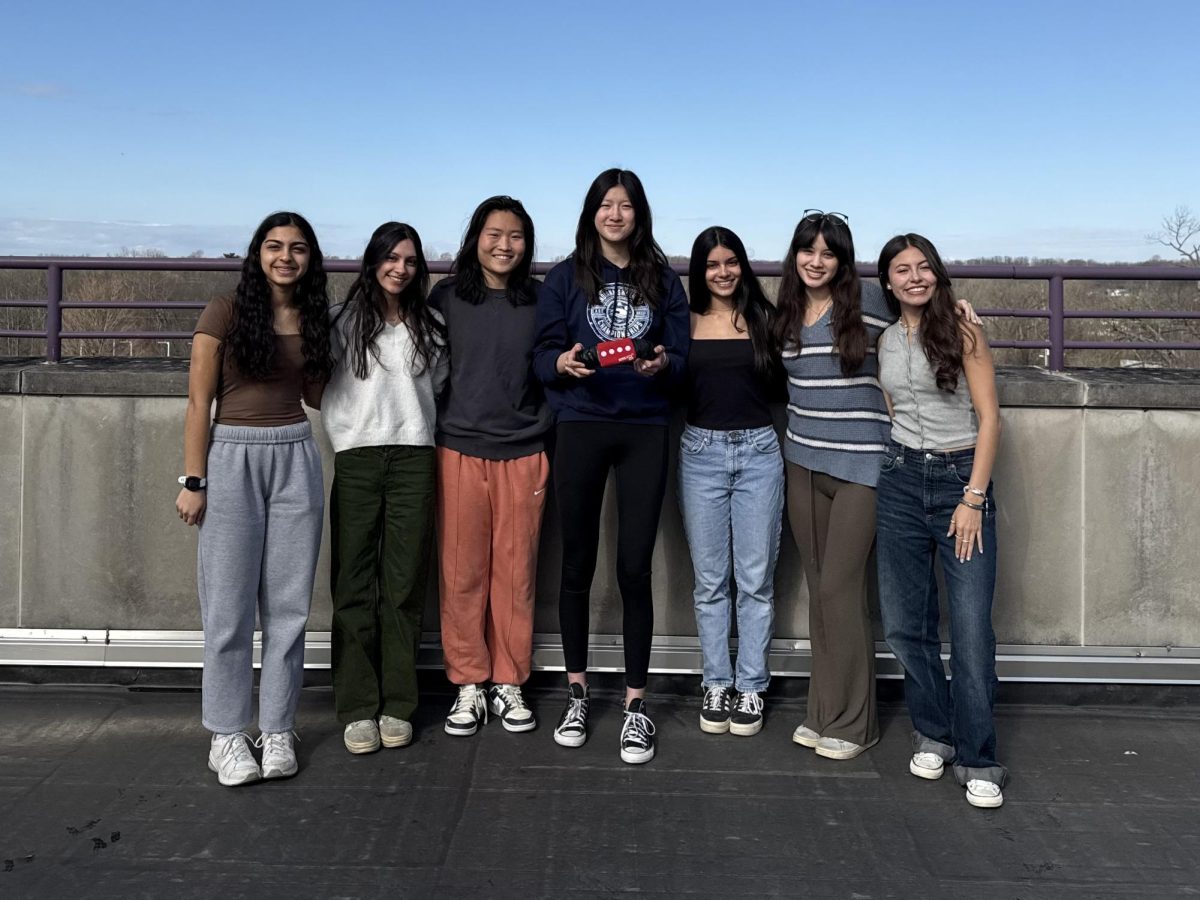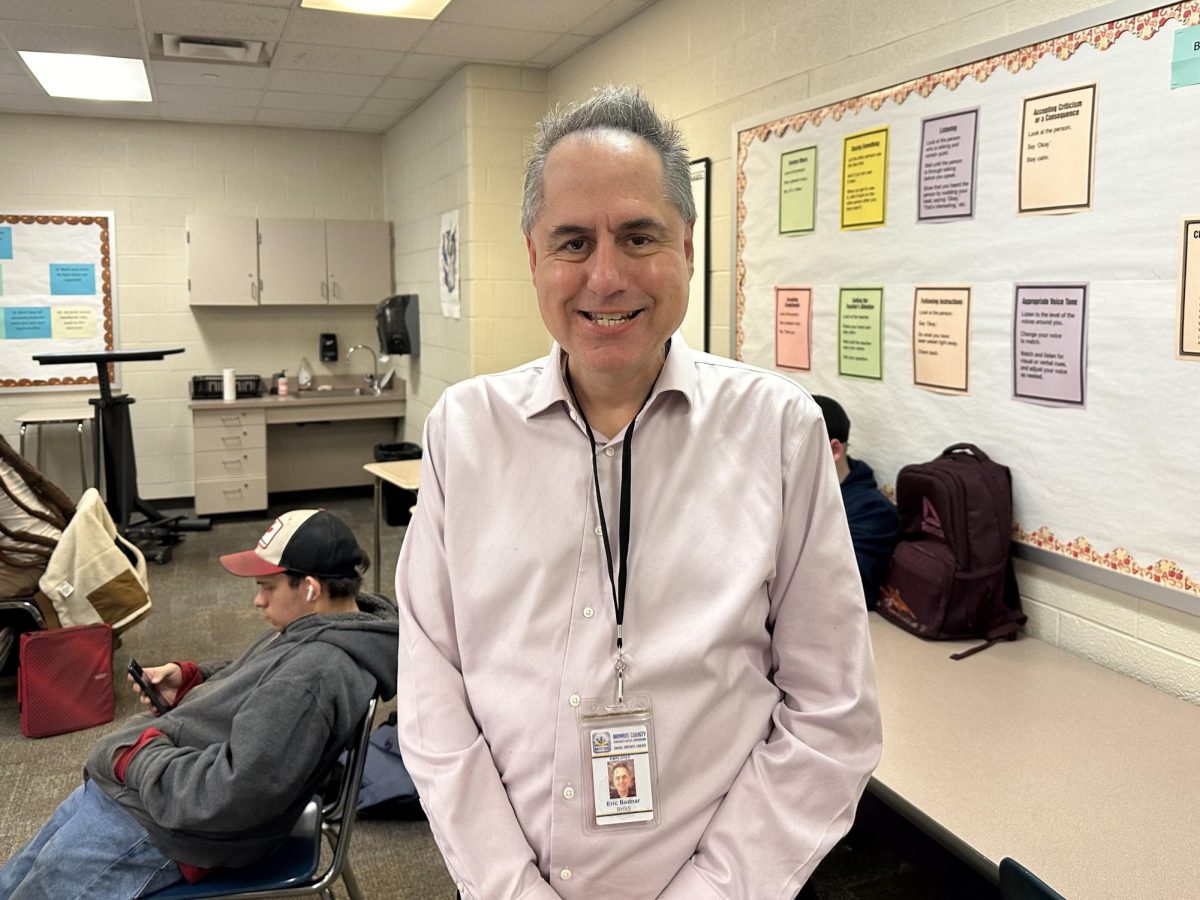In recent years, concern over drug use in high schools has rapidly grown, and in parallel to that, so have the efforts to prevent drug use. One of the more common, but also more highly debated prevention methods, is the randomized drug testing of high school students.
This method was brought to attention once again, last month, as Stephen T. Badin High School in Ohio announced that they will be requiring mandatory random drug testing for all of their students. The decision has received mixed reactions from the public, with major concerns being over the legality and constitutionality of the rule. However, in a 1995 ruling by the Supreme Court, all random drug test rules, such as the one at Stephen T. Badin High School, were ruled completely legal and supported by the government.
Because the Supreme Court does support randomized drug testing, it is a method that is legal nationwide, although it has not been implemented nationwide. School districts must make and implement their own drug test policies, and those policies are then supported by the state. The MCCSC, and thus South, has a policy of drug testing only when there is reasonable suspicion of drug use.
Reasonable suspicion testing means that if a staff member or other adult suspects that a student is under the influence of a drug, based off a change in behavior, change in appearance, or other supported evidence, the student may be called for a drug test. That is the only way a student can ever be asked to be drug tested at South.
“I don’t think we’ll ever have anything more than if we think we have reasonable suspicion,” said Assistant Principal Jay True on whether South would ever have reason to randomly drug test.
While the decision to switch from reasonable suspicion testing to random drug testing would be made at the school board level, there would be significant input from the Bloomington community. True says that even though parents will occasionally ask for schools to drug test their students to relieve them of possible guilt, he believes that Bloomington is a town that would never be able to overwhelmingly support random drug testing.
The fact that drugs are rarely found may also be part of the reason that it is unlikely South would ever begin to randomly drug test. “I think [drug problems are] probably worse other places,” added True, continuing on to say that the administration and security at South “very rarely find drugs here at school.”
So while the occasional school across the country, like Stephen T. Badin High School, turns to random drug testing and brings the method back into the discussion, MCCSC and South remain firm in their practice of reasonable suspicion testing.


